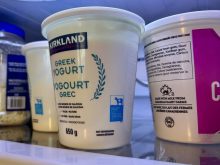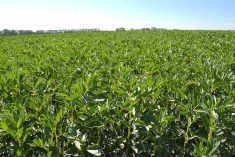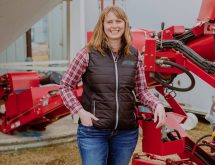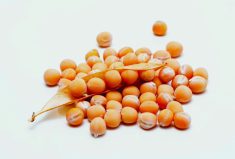The plant-protein boom is starting to pay dividends for Alberta growers.
Less than a year after opening its doors, the province’s biggest plant-protein processor is already eyeing an expansion of its Calgary facility.
“We have a piece of technology in Europe that we’re looking to bring to Alberta this year, and that would give us a second production line,” said Chris Shields, vice-president of manufacturing for Lovingly Made Ingredients. “By the end of the year, at the rate we’re expecting to grow, we’re planning to add even another line to that, too.”
The ingredient manufacturing arm of U.K.-based Meatless Farm has seen strong sales since it began production in its 33,000-square-foot facility in March of last year and is expecting “a really good, really strong year this year,” he said.
“It’s been a really exciting time for us, going from a true startup in the springtime to building up some operational excellence internally so that we can deliver externally,” said Shields.

“We’ve had a few good months of settling in. There’s a bit of an art in getting the process right, but you’d think they’d been doing it for 10 years already. There’s a lot of talent on the line.”
The quick ramp-up has been needed. Not only has demand increased from its parent company (it supplies the majority of the material used by Meatless Farm in its meat analogue products), but from other companies as well.
“We’ve seen some significant customers come on board over the last few weeks,” Shields said earlier this month. “It’s been a long time in the making, but we’re now starting to see the really big orders come through. The external interest has been really exciting.”
Read Also
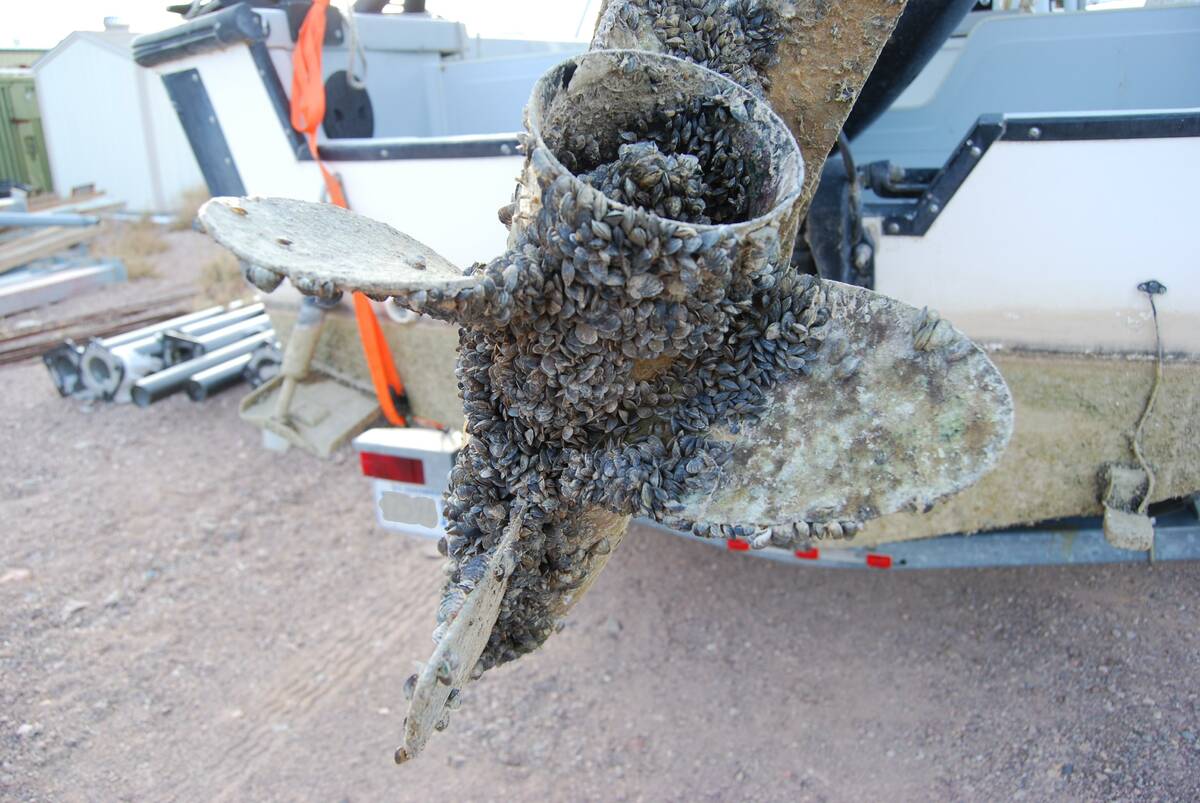
Invasive species council lending a helping hand to Alberta agricultural producers
Alberta Invasive Species Council unveils the huge economic effect of keeping invasive species unchecked to agricultural production in the province.
Tapping into the boom
Demand for plant-based dairy and meat alternatives has grown rapidly in recent years, and many are predicting the biggest growth is yet to come.
For example, in a recent report Bloomberg (the financial data and media company) said sales of faux dairy and meat products hit nearly US$30 billion at the end of 2020 and will top $160 billion by the end of this decade.
A host of grains and oilseeds (as well as nuts and vegetables) can be used to make these products, and that’s good for farmers across the Prairies. However, ingredient companies want to source locally. For example, Manitoba is already seeing a rapid expansion of pea acres after French company Roquette opened the world’s largest pea-processing plant at Portage la Prairie.
Based on current demand, Lovingly Made Ingredients expects to produce in excess of 6,000 tonnes of plant protein annually within the next two years for use in meat analogue products. But the company wants to boost that further.
Since opening, it has introduced new blends of pea, faba, and hemp proteins, and other products are in the works, said Shields, adding the company has been researching how to use canola, lentil, chickpea, buckwheat, rice and yeast proteins in different formulations.
“One of the key objectives we have on the team is bringing a new product to market every six months,” he said. “We’ve added pea-hemp blends and pea-faba blends to our portfolio, which is really exciting. There are some different and unique properties that we haven’t seen anywhere else.”
That’s also where the new production line comes in, he added.
“We’re bringing a wet texturization product online too,” said Shields. “Everything we’ve done so far has been a dry product you rehydrate, which is a really cost-effective solution downstream.
“But this technology from Europe produces a wet-textured product that feels like a piece of chicken. That’s one of the next big things for us this year.”
Challenges and opportunities
While last year’s drought didn’t prevent the company from obtaining the yellow peas and other crops it processes, the prospect of a second dry year is worrying, said Shields.
“We’ve had a very difficult time since August of last year with the weather conditions, and we’re a bit skeptical about how that looks this year,” he said. “But we still have some time before next harvest.”
The company also has some flexibility in its production methods, added Shields.
“We can take some of the impacts of the drought and minimize that on the farm side of the business,” he said. “Had we not been in a position to tweak the recipes and do what we needed to do to deliver, it would have been a very expensive year for our consumer products.”
Supply chain issues — from flood-caused closures of highways and rail lines in B.C. to the border blockade at Coutts — have also been challenging.
“Not only have we had the weather impacts, we’ve also had the transportation impacts too, so the more we can localize, the better,” he said.
“We’re still tirelessly working with some key partners in the province so we can start to see the fractionation done here and have everything produced as close to the facility as possible. We’re still working to build that whole solution here in Alberta.”
The company intends to be a major buyer of both peas and other crops grown in Alberta, he said.
“Pea is a really strong product and we’re going to be demanding a lot. As we grow, that demand is going to grow within the province, too,” said Shields.
One of the company’s goals is to buy different crops from growers so they can have agronomically sensible rotations on their farms.
“With the addition of the faba and hemp protein — even oats potentially in the future — one of the key things for us is getting to a point where we can have a three- or four-year crop rotation on a farm for all the products that we need. We’re just trying to add more into the mix so we can work toward that sustainable farm plan and get a whole-farm solution in place.”
But as a new company in a new industry, Lovingly Made Ingredients is “still learning,” he said, and that includes working with farmers to create business arrangements that work for both parties.
“That’s my favourite bit about the job, getting to meet the producers and getting to understand more about what their challenges are,” said Shields.
“It’s easy to come up with great ideas, but the practicality can be very different on the farm. So I’m always happy to talk to producers about it.”
– With staff files



